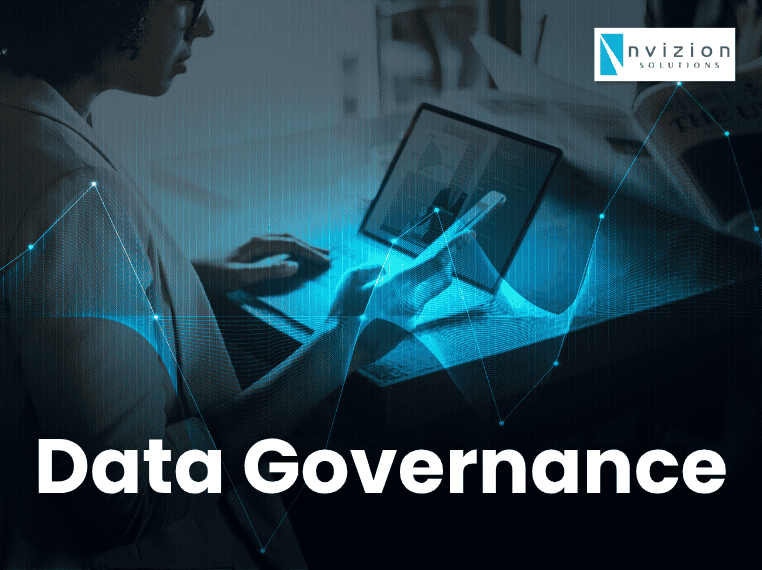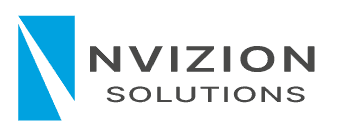What is Data Governance? Implementation Steps, Planning & Services Explained

What is Data Governance? Implementation Steps, Planning & Services Explained
Businesses deal with huge amounts of data. Names, numbers, prices, records. It’s easy for things to get messy. Data can be wrong, missing, or hard to find.
Data governance is about keeping data in order. It makes sure data is correct, secure, and used the right way.
What is Data Governance?
Data governance is the rules and processes a business uses to manage its data.
It sets out:
- Who owns the data
- Who can change it
- How to keep it safe
- How to keep it accurate
- How long to keep it
It’s not just a tool or software. It’s how people, processes, and technology work together to handle data properly.
Why is Data Governance Important?
Without data governance, businesses face problems like:
- Wrong reports and decisions
- Security risks
- Fines for breaking laws
- Wasted time fixing errors
- Confusion about who owns the data
Good data governance prevents these issues. It helps people trust the data they use.
Key Parts of Data Governance
Data governance usually covers:
- Data Quality – making sure data is correct and complete
- Data Security – protecting data from leaks or misuse
- Data Privacy – following laws about personal data
- Data Ownership – knowing who is responsible for data
- Data Standards – using common rules for how data looks and works
How to Implement Data Governance
Here’s how businesses usually set up data governance:
1. Get Leadership Support
Leaders need to back the plan. Without support, it’s hard to get people to follow new rules.
2. Define Goals
Know why you’re doing this. Do you want better reports? Safer data? Clear rules? Set clear goals.
3. Identify Data Owners
Choose people responsible for different data areas. These people answer questions and make decisions about the data.
4. Create Policies and Rules
Write simple rules for how data should be handled, shared, and kept safe.
5. Use Tools Where Needed
Sometimes tools help track, protect, or clean data. Pick tools that fit your business.
6. Train People
Teach your team why data governance matters and how to follow the rules.
7. Monitor and Improve
Check how things are working. Fix problems and update rules when needed.
Data Governance Planning
Good planning makes data governance easier. Think about:
- What data you have
- Where it comes from
- Who uses it
- Risks if data is wrong or stolen
- Laws you must follow
Make a simple plan before jumping into tools or strict rules.
Data Governance Services
Some businesses hire outside help for data governance. Services might include:
- Checking data quality
- Creating policies and standards
- Helping with privacy rules
- Setting up software tools
- Training staff
These services can save time, especially for complex businesses.
Challenges in Data Governance
Data governance is not always easy. Common struggles include:
- Getting people to follow rules
- Changing old habits
- Managing data in many places
- Dealing with big amounts of data
- Keeping up with new privacy laws
Still, it’s worth the effort. Without it, businesses can’t trust their data.
Data governance is about control and trust. It’s not just a project—it’s an ongoing way of working.
Businesses that manage data well make better decisions, avoid risks, and work more smoothly.
Start simple. Set clear rules. Get people involved. And keep improving as you go.
Nvizion Solutions helps businesses design and implement practical data governance frameworks tailored to their needs. We combine strategy, technology, and training to ensure data is secure, accurate, and compliant across the organization. Our expertise helps you build trust in your data and make confident decisions.
Faq
Who is responsible for data governance?
Usually, business leaders, data owners, and IT teams share responsibility.
Do small businesses need data governance?
Yes. Even small businesses need rules for handling data safely and correctly.
Is data governance only for personal data?
No. It covers all types of business data, not just personal details.
Can I use software for data governance?
Yes. But software alone isn’t enough. People and clear rules are key.
How does data governance help with privacy laws?
It sets rules for how to collect, store, and share personal data, helping you follow laws like GDPR.
